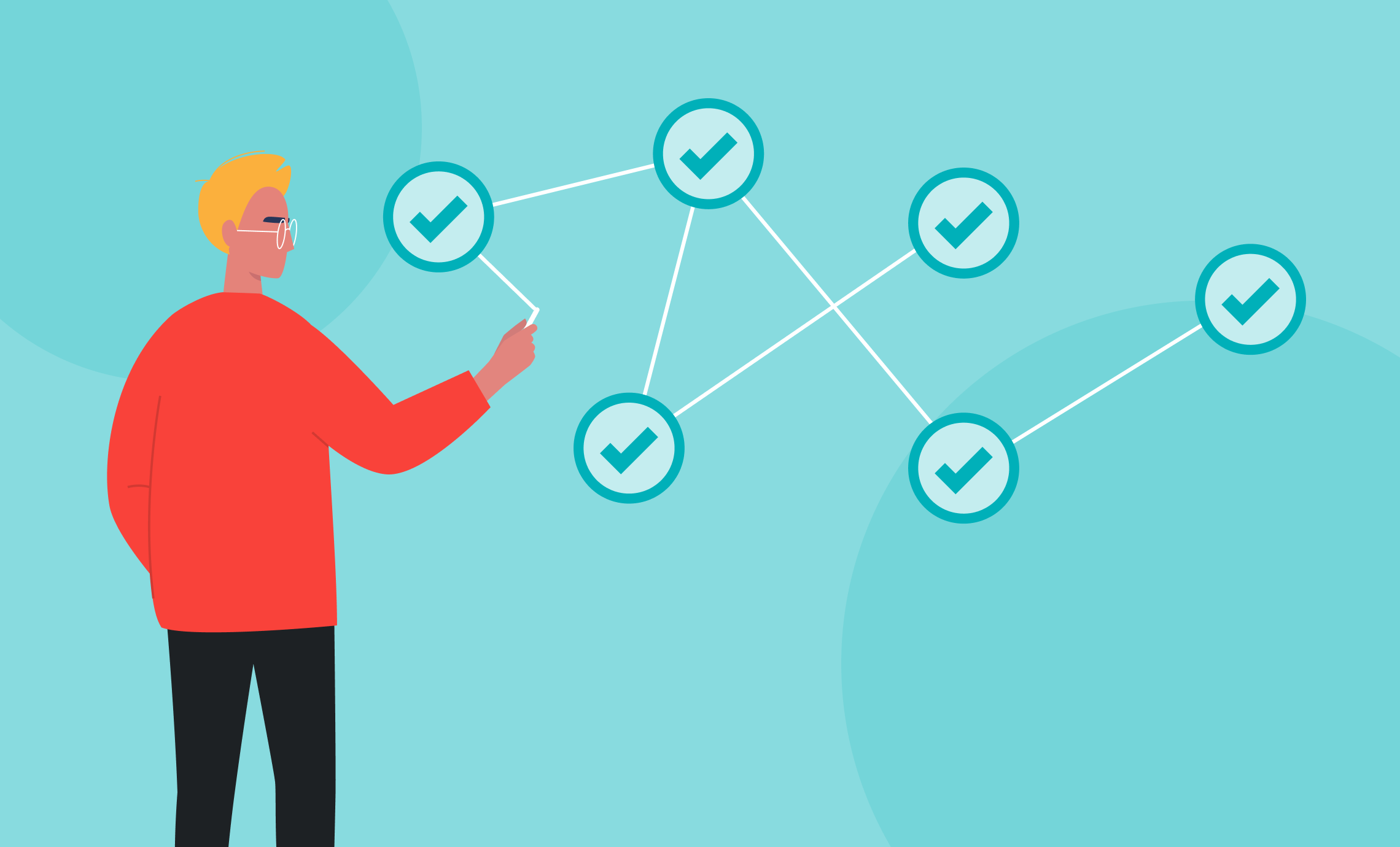Technology is changing everyone’s job. The nature of work is changing. Oftentimes we are tempted to gin up a frenetic pace to chase every new innovation and every new “hack.”
But it’s actually time for us to take a step back and take stock of the situation. Yes, membership software can make your job easier, but how much is it changing your work?
The skills you need to successfully market membership or implement new technology rely on the same human psychology as ever. Perhaps it’s not an exaggeration to say that artificial intelligence makes the frustrating parts of your job even more important.
Let’s discuss “emotional work.”
Say “So Long” to the Drudgery of Work
Matthew Barby, an Irish marketer at Hubspot, recently told his subscribers: “Stop chasing new tactics. Individual tactics tend to expire relatively quickly and they don’t always apply to your specific scenario. Instead of this, spend your time going as deep as possible into understanding your problems.”
My expansion on that thought is: tactics will change. Plus, artificial intelligence will always be learning to do tactics better, faster, and more responsive than you.
The rise of AI, big data, and software-as-a-service and APIs writ-large means the drudgery of work has disappeared.
- Dictation-taking is not an in-demand secretarial skill anymore, for those businesses that even still have secretaries.
- We don’t manage rolodexes or even a physical mail inbox anymore.
- Data entry and report creation in Excel were hot skills that became the new boring and we increasingly automate them away.
Automation and AI started with the easiest tasks and have expanded to ever more repeatable processes. What’s left for knowledge workers today is the frustrating tasks, the “problems.”
Implementing software, deciding report parameters, conflict resolution—essentially, the events of an older workday that required the most emotional effort are still with us, but the moments of “productive” down-time like sorting your mail are gone.
The Neverending Work of Change
Seth Godin is right to say that the things we often think get in the way of our work ARE the work: “Making decisions is exhausting. It involves perception and analysis and most of all, taking responsibility.”
Because of this difficulty and its increasing dominance of our workday, our natural instinct is to want to fight change. But for the health of our organizations, we cannot. (Unless your business is free-range, organic, goat milk cheese or something else people consciously pay a Luddite premium for, you have to keep up with consumer expectations).
Database consultant Wes Trochlil says, “As the technology improves, so do customer expectations.… It’s an infinite loop. A positive one, to be sure, but one that never ends.” Increasing capabilities also mean increased complexity, further complicating teams’ work and your everyday at the office.
Embracing Emotional Work
Since the change is coming, to win we have to embrace it. We need to relearn project and change management and interpersonal skills necessary to navigate the new normal of “emotional work.” The design and implementation of membership software is where new challenges present you with the most decisions to make and conflicts to resolve.
Here’s a curated list of resources I think will help you manage “emotional work”:
- Johanna Kasper, Aptify’s Director of Engagement, provides a quick guide for how to manage the culture change that has to happen at an association for a successful membership software implementation.
- Aptify also has produced the Ultimate Guide to Membership Software Implementation, which lives up to its name as your go-to resource.
- Generational author Sarah Sladek writes over on the YourMembership blog about how the process of incorporating millennials into your business process decisions creates the potential for more conflict, but at the same time builds the actual relationships with millennial members necessary to involve them in your organization for the long haul.
- Brie Rangel at the IMPACT agency has a thorough explanation and how-to for the agile methodology—a project management method designed to compensate for the modern world’s fast-moving technology landscape.


